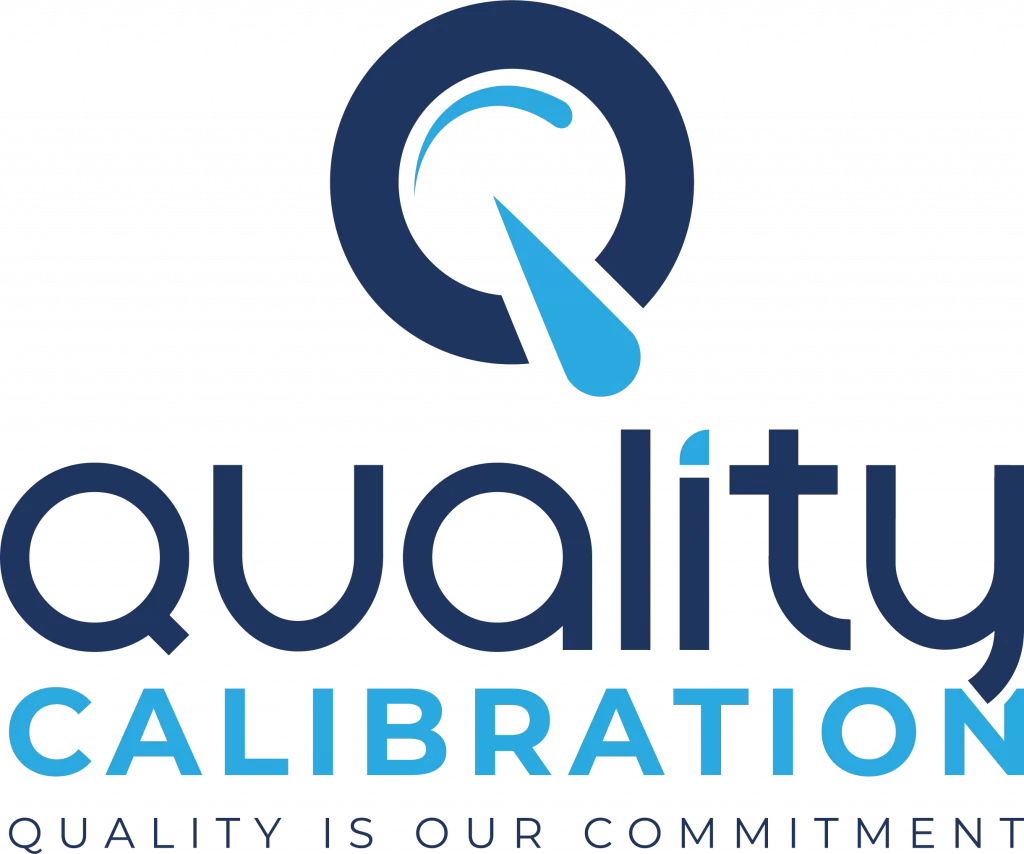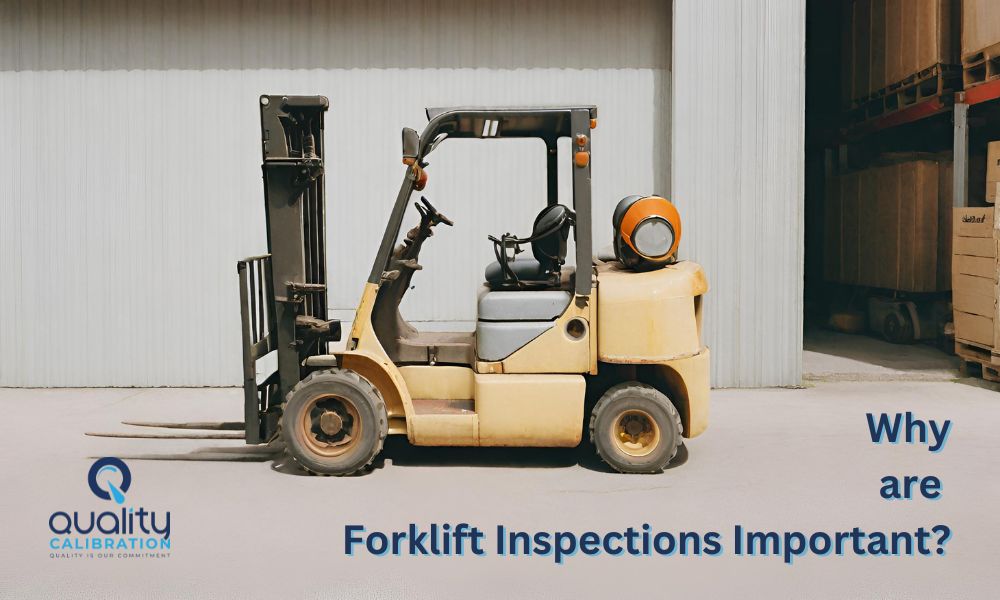When it comes to operating a forklift, safety should always be the top priority. One crucial aspect of maintaining a safe work environment is through regular forklift inspections. These inspections are essential to ensure that the equipment is in proper working condition and meets all safety standards.
Regular forklift inspections can help identify any potential issues or malfunctions before they escalate into serious accidents. By conducting thorough inspections, businesses can prevent injuries to operators, damage to goods, and costly downtime.
Forklift Safety Regulations
Overview of OSHA regulations regarding forklift inspections
According to OSHA (Occupational Safety and Health Administration), forklifts must be inspected daily before use to ensure they are in safe working condition. These inspections include checking for any mechanical issues, such as brakes or steering problems, as well as ensuring that all safety features are intact.
Importance of compliance with safety regulations
Compliance with forklift safety regulations is crucial for ensuring the safety of both operators and pedestrians in the workplace. By following OSHA guidelines, companies can reduce the risk of accidents and injuries, as well as avoid potential fines and legal consequences.
Penalties for non-compliance
Failure to comply with forklift safety regulations can result in significant penalties, including fines and potential legal action. Companies that neglect to conduct regular inspections and maintain their forklift equipment could face serious consequences that impact both their finances and reputation.
Ensuring Operator and Pedestrian Safety
One of the key reasons why forklift inspections are important is to ensure the safety of both operators and pedestrians in the workplace.
- Importance of conducting inspections to prevent accidents: Regular inspections help identify any potential issues with the forklift that could pose a safety hazard. By addressing these issues promptly, accidents can be prevented.
- Risks associated with operating a damaged forklift: Operating a damaged forklift not only puts the operator at risk but also endangers pedestrians in the vicinity. Inspections help catch these issues before they escalate into serious accidents.
- Training operators on the importance of inspections: Educating operators on the importance of conducting thorough inspections can help instill a safety-conscious mindset and ensure that inspections are carried out diligently.
Preventing Accidents in the Workplace
Workplace accidents involving forklifts can have serious consequences, both in terms of human safety and financial costs. It is crucial for companies to prioritize safety and take proactive measures to prevent accidents from happening.
According to statistics, forklifts are involved in a significant number of workplace accidents each year. These accidents can result in injuries, fatalities, and damage to property. By implementing regular inspections of forklift equipment, companies can greatly reduce the risk of accidents occurring.
- Regular Inspections: Regular inspections of forklift equipment can help identify any potential issues before they escalate into accidents. This includes checking for worn-out parts, malfunctioning brakes, and other safety hazards.
- Identifying Potential Hazards: Inspections also help in identifying potential hazards in the workplace that could lead to accidents involving forklifts. By addressing these hazards promptly, companies can create a safer work environment for employees.
The Importance of Regular Maintenance
Properly maintaining and inspecting forklifts is crucial to ensure safe operation and prevent accidents. Inspecting forklift devices such as brakes, steering, tires, and hydraulic systems can help identify any potential issues that could lead to malfunctions or failures while operating the equipment. Regular inspections help ensure that all components are in good working order and reduce the risk of accidents and injuries in the workplace.
- Identifying Maintenance Issues: Inspections help in identifying any potential maintenance issues with the forklift equipment, such as worn-out parts or leaky fluids. By addressing these issues promptly, you can prevent breakdowns and accidents in the workplace.
- Extending Lifespan of Equipment: Regular maintenance can help extend the lifespan of forklift equipment. By ensuring that all components are in good working condition, you can avoid premature wear and tear, ultimately saving on replacement costs.
- Avoiding Costly Repairs: By addressing maintenance issues promptly, you can avoid costly repairs and downtime. Regular maintenance can help prevent major breakdowns that may require extensive repairs, saving your business time and money.
Identifying Potential Hazards and Addressing Them Promptly
Importance of identifying potential hazards during inspections
Regular forklift inspections play a crucial role in identifying potential hazards before they escalate into dangerous situations. By conducting thorough inspections, operators can detect issues such as faulty brakes, worn tires, or leaking fluids that could lead to accidents if left unaddressed.
How to address issues found during inspections
Once potential hazards are identified during inspections, it is important to address them promptly to ensure the safety of operators and pedestrians in the workplace. This may involve repairing or replacing faulty components, conducting maintenance tasks, or implementing safety measures to prevent accidents.
Creating a culture of safety in the workplace through inspections
Ensuring regular forklift inspections are conducted is crucial for promoting a safe working environment for employees. With proper inspections, potential safety hazards can be identified and addressed before accidents occur, reducing the risk of injuries and improving overall workplace safety. Employees who operate forklifts can feel more confident in their equipment knowing that it has been thoroughly checked and maintained. By prioritizing forklift inspections, employers demonstrate a commitment to the well-being of their workforce and create a culture of safety within the organization.Improving Overall Efficiency in Operations
Regular forklift inspections play a crucial role in enhancing overall efficiency in operations. By ensuring that forklifts are in good working condition, businesses can minimize downtime and avoid disruptions that can cause delays in the workflow.
How regular inspections improve efficiency in operations
By conducting regular inspections, businesses can identify any potential issues or defects in forklifts before they escalate into major problems. This proactive approach helps in addressing issues promptly, preventing unexpected breakdowns that can slow down operations.
- Ensuring that forklifts are in good working condition for efficient operations
- Avoiding delays and disruptions caused by forklift issues
Efficient operations are crucial for meeting deadlines, fulfilling orders, and maintaining a smooth workflow. By prioritizing forklift inspections, businesses can minimize the risk of unexpected breakdowns and ensure that operations run seamlessly.
Avoiding Costly Repairs and Downtime
Regular forklift inspections play a crucial role in avoiding costly repairs in the long run. By conducting thorough inspections on a consistent basis, potential issues can be identified and addressed promptly, preventing them from escalating into major repair needs that could be costly for your business.
- Impact of Forklift Downtime: Forklift downtime can have a significant impact on your operations and productivity. When a forklift breaks down unexpectedly due to lack of proper maintenance or inspection, it can lead to delays in your workflow, causing a domino effect on your overall efficiency.
- Importance of Addressing Issues: During inspections, any issues that are identified should be addressed immediately to avoid downtime. Ignoring small problems can eventually lead to bigger issues that require more extensive repairs and longer downtime, ultimately affecting your bottom line.
Extending the Lifespan of Forklift Equipment
Regular inspections play a crucial role in ensuring that forklift equipment remains in optimal condition for an extended period of time. By conducting thorough inspections on a consistent basis, potential issues can be identified and addressed before they escalate into costly repairs or breakdowns.
- Regular Inspections: By performing regular inspections on forklift equipment, maintenance issues can be identified early on, preventing them from causing further damage.
- Proper Maintenance: Implementing a comprehensive maintenance schedule for forklifts helps in prolonging their lifespan and ensures that they continue to operate efficiently.
- Good Condition for Long-Term Use: By ensuring that forklifts are properly maintained and inspected, they can be used for a longer period of time without experiencing breakdowns or malfunctions.
Final Words
After exploring the various aspects of forklift inspections, it is evident that regular inspections are crucial for ensuring the safety, efficiency, and cost-effectiveness of forklift operations in a workplace.
By conducting thorough inspections, businesses can identify potential hazards, prevent accidents, and comply with safety regulations. This not only protects the operators and pedestrians but also improves overall efficiency in operations.
Regular inspections also help in avoiding costly repairs and downtime, ultimately extending the lifespan of the forklift equipment. Investing in regular maintenance and inspections is a proactive approach that can save businesses from facing significant risks and expenses.
Therefore, it is essential for businesses to prioritize regular inspections for their forklifts to maintain a safe and productive work environment.

Md. Hasan Ibrahim is a Technical Manager at Quality Calibration with extensive experience in the calibration sector since 2015. Holding a Bachelor of Science degree in Mechanical Engineering from Khulna University of Engineering & Technology (KUET), he has received training from various national and international organizations including CSIR-CMERI, QSI, BAB, NML-BSTI, memmert, and X-rite. With expertise in ISO/IEC 17025 assessment, method validation, metrological traceability, and uncertainty, he has successfully completed numerous calibration projects across diverse industries such as pharmaceuticals, food & beverage, oil & gas, textiles & garments, power plants, batteries, chemicals, hospitals & healthcare, and private universities.




